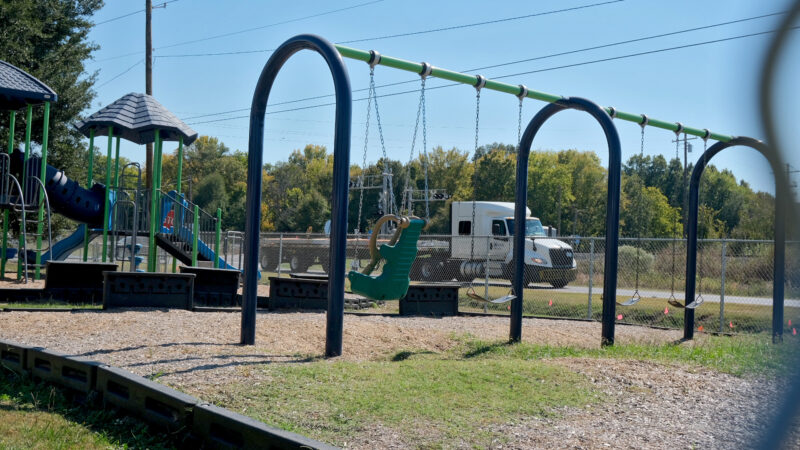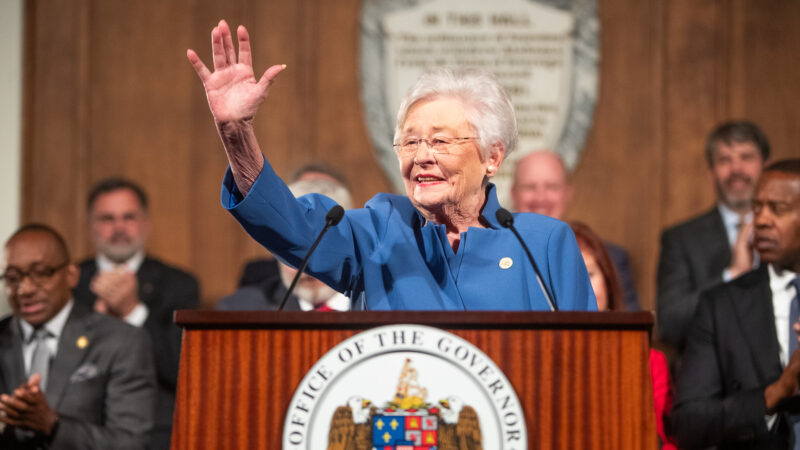Canada removes some of its retaliatory tariffs on the U.S.
TORONTO — Canada is dropping retaliatory tariffs to match U.S. tariff exemptions for goods covered under the United States-Mexico-Canada trade pact, Prime Minister Mark Carney announced Friday.
Carney said Canada will include the carve-out that the U.S. has on Canadian goods under the 2020 free trade deal that shields the vast majority of goods from the punishing duties.
“Canada currently has the best trade deal with the United States. And while it’s different from what we had before, it’s still better than that of any other country,” Carney said.
Carney and U.S. President Donald Trump spoke on the phone Thursday and Carney met with his Cabinet on Friday before making the announcement.
The move is designed to reset trade talks between the two countries. The USMCA is up for review in 2026, and Carney called the trade pact a unique advantage for Canada at a time when it is clear that the U.S. is charging for access to its market.
Carney said the commitment of the U.S. to the core of USMCA means the U.S. average tariff rate on Canadian goods remains one of its lowest, and that over 85% of Canada-U.S. trade continues to be free of tariffs.
Canadian and Mexican companies can claim preferential treatment under the USMCA.
Former Prime Minister Justin Trudeau initially put on retaliatory tariffs in response to U.S. tariffs, but before the U.S. tariffs were applied the Trump administration exempted goods covered by the free trade deal.
Most imports from Canada and Mexico are still protected by the USMCA, but U.S. Commerce Secretary Howard Lutnick has said, “I think the president is absolutely going to renegotiate USMCA.”
Preserving the free trade pact will be critical for Canada and Mexico. More than 75% of Canada’s exports go to the U.S. while more than 80% of Mexico’s exports go there.
Trump has announced some sector specific-tariffs that do apply for Canada despite the USMCA — known as 232 tariffs — which are having an impact on the Canadian economy. There is a 50% tariff on steel and aluminum imports, for example.
“Canada and the United States have reestablished free trade for the vast majority of our goods. Canada will retain our tariffs on steel, aluminum and autos as we work intensivily to resolve the issues there,” Carney said.
Carney previously rescinded Canada’s plan to tax U.S. technology firms after Trump said he was suspending trade talks with Canada over those plans, which he called “a direct and blatant attack on our country.”
The prime minister disputed any notion that Canada is appeasing Trump, noting that Canada is matching what the U.S. is doing.
“The president and I had a long conversation,” Carney said. “There is a review of the free trade agreement in the spring. We’re starting our preparations.”
Lana Payne, president of Unifor, Canada’s largest private sector union, characterized Carney’s announcement as Canada backing down, and said the country shouldn’t back down unless the U.S. drops all punitive tariffs.
“Trump’s attacks on auto, steel, aluminum, and forestry sectors are hurting Canadian workers in real time,” she posted on social media. “Walking back counter-tariffs isn’t an olive branch. It only enables more U.S. aggression.”
Judge orders new Alabama Senate map after ruling found racial gerrymandering
U.S. District Judge Anna Manasco, appointed by President Donald Trump during his first term, issued the ruling Monday putting a new court-selected map in place for the 2026 and 2030 elections.
Construction on Meta’s largest data center brings 600% crash spike, chaos to rural Louisiana
An investigation from the Gulf States Newsroom found that trucks contracted to work at the Meta facility are causing delays and dangerous roads in Holly Ridge.
Bessemer City Council approves rezoning for a massive data center, dividing a community
After the Bessemer City Council voted 5-2 to rezone nearly 700 acres of agricultural land for the “hyperscale” server farm, a dissenting council member said city officials who signed non-disclosure agreements weren’t being transparent with citizens.
Alabama Public Television meeting draws protesters in Birmingham over discussion of disaffiliating from PBS
Some members of the Alabama Educational Television Commission, which oversees APT, said disaffiliation is needed because the network has to cut costs after the Trump administration eliminated all funding for public media this summer.
Gov. Kay Ivey urges delay on PBS decision by public TV board
The Republican governor sent a letter to the Alabama Educational Television Commission ahead of a Nov. 18 meeting in which commissioners were expected to discuss disaffiliation.
A proposed Bessemer data center faces new hurdles: a ‘road to nowhere’ and the Birmingham darter
With the City Council in Bessemer scheduled to vote Tuesday on a “hyperscale” data center, challenges from an environmental group and the Alabama Department of Transportation present potential obstacles for the wildly unpopular project.








